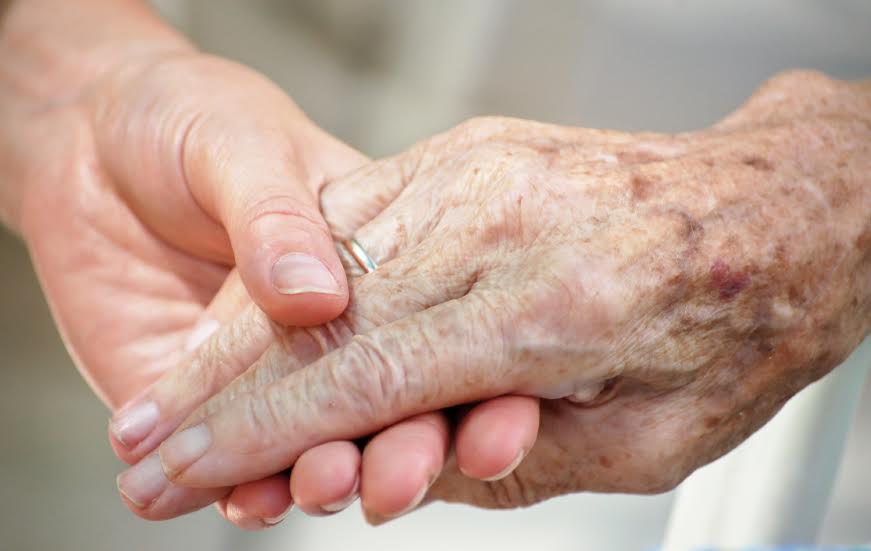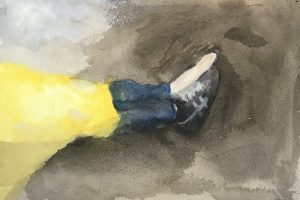A senate inquiry today issued a report into violence, abuse and neglect towards disabled and elderly people in institutions and aged care.
The inquiry follows disturbing reports of emotional and financial abuse against the aged and disabled by guardians and decision-makers, often family members, who are supposed to help and protect vulnerable Australians.
Too often, these reports have been dismissed by police and other authorities as family matters, one peak advocacy body said.
The inquiry heard disturbing reports of guardians and decision makers – often family members – appointed to help and protect vulnerable Australians, instead using their authority to misappropriate money for themselves, or cut off vulnerable people from family, friends and other loved ones.
Queensland Aged and Disability Advocacy (QADA) CEO Geoff Rowe said action needed to be taken at a state and federal level to protect our most vulnerable members of society.
“We have seen numerous instances in which a person has been granted legal responsibility to make decisions in the interests of an older person or a person with a disability, but abused that position to fund their own lifestyle,” Mr Rowe said.
“Sadly, there is a reluctance to treat this as criminal behaviour simply because it happens to a family member.
“We all know violence within families is unacceptable and this financial abuse, which is fraud, should be taken just as seriously.”
QADA representatives gave evidence before the inquiry and provided a submission which outlined cases of emotional and financial abuse of the aged and those with a disability.
Examples that cases included relatives using their position of authority to stifle complaints about their abusive behaviour, including ordering nursing homes to ban contact from friends, relatives and even professional advocates such as QADA.
The not-for-profit group identified that vulnerable Australians seeking to overturn an enduring power of attorney may be expected to fill out a 19-page application form, accompanied by a 10-page doctor’s report.
“We need to give more power back to those with a disability and not assume they cannot speak for themselves,” Mr Rowe said.
Now, older Queenslanders and disabled people are being encouraged to voice their opinions on issues that effect them the most by participating in a survey that launched this week.

Created by QADA, the survey aims to develop a better understanding of the daily pressures and issues affecting some of the most vulnerable members of our community.
“We help more than 100 Queenslanders each week, providing advocacy services or assisting them with essential information about their rights and the help available to them,” Mr Rowe said.
“We know from those we help that Queensland’s aged, those with a disability and their carers face issues in using businesses or government services most of us take for granted.
“For example, Queenslanders who need extra help tell us that, while most do the right thing, some businesses try to charge more for services or use a lack of understanding of technology to take advantage of them.
“Unfortunately there can be a lack of accurate, timely data about these issues, with government bodies focused instead on issues such as health needs that, while important, are not the full picture affecting our state’s most vulnerable.”
QADA’s online survey has specific questions tailored for older people, those with a disability and their carers, designed to assist QADA in meeting its client needs, as well as shining a light on important issues.
The online survey is available here.























I would have thought that the current situation of elderly senior citizens is currently subject to multiple layers of risk, some of which do not seem to be addressed very well by the relevant authorities.
I think it’s a bit too cute by far for some specialist to suggest adding another layer of risk to the situation. If these suggestions are acted upon, I can just see people fondly saying in the future: “Ah she died at 98 doing what she loved best – being shot from a cannon.”